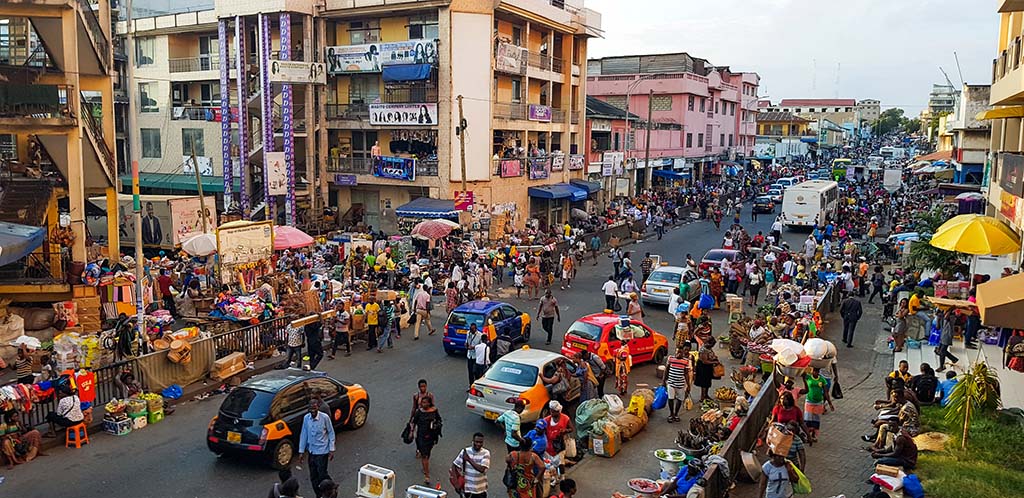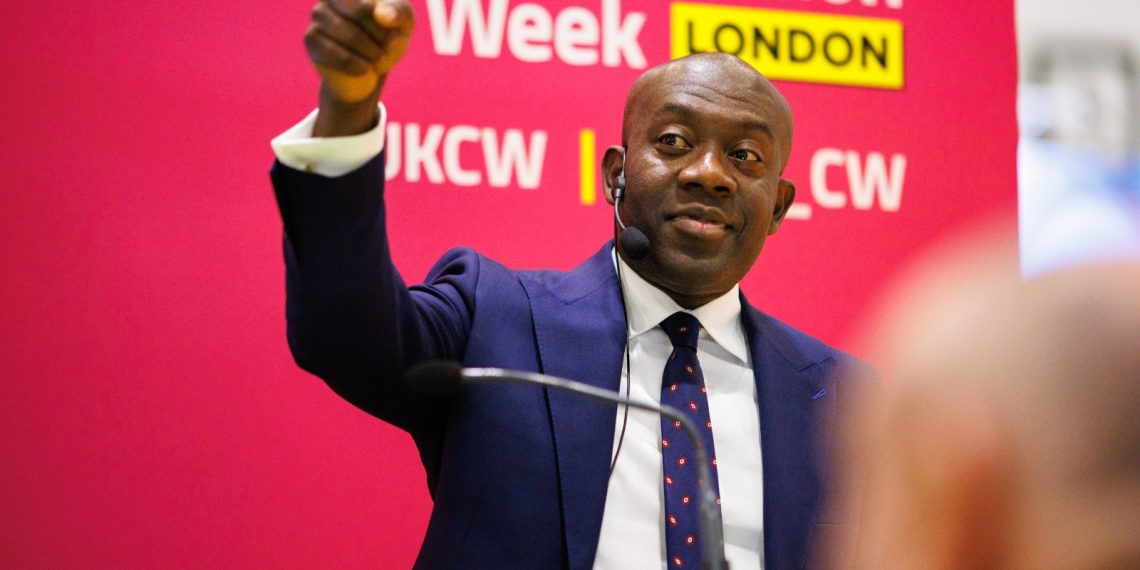Ghanaian SMEs which have so far benefited from previous Oasis Ghana funds include Legacy Girls College, Everpure Ghana Water, SINEL Specialist Hospital and Metropolitan Health.
At the launch of the second series of Oasis Africa Fund II (OAF II) in Accra yesterday, the Chief Executive Officer (CEO) of Oasis Capital, Matthew Boadu Adjei, said the focus of the fund was to invest in SMEs.
“A lot of African private equity firms originally started as SME financiers, but after a few years, they ventured into mid-tier, mid-capital and high capital investments and this is because SME financing is difficult and risky,” he stated.
Mr Adjei said Oasis would, however, continue to stick to this segment of the economy through continuous investments. He pointed out that the fund would prioritise measurable social and developmental impacts alongside financial returns.
“As the fund manager, Oasis Capital integrates environmental, social and governance (ESG) considerations into its investment decisions. “This commitment extends to a focus on gender lens investing, actively seeking opportunities to promote gender equality and empowering women-led businesses,” he said.
Ebankese Venture Fund
This OAF II builds on the established impactful track record of Oasis Capital Ghana. The firm’s previous venture, the Ebankese Venture Fund (EVF), was a $11 million fund dedicated to supporting Small and Medium Enterprises (SMEs) in Ghana.
Following that success, Oasis Africa Fund I (OAF I) raised $50.5 million and invested in SMEs across Ghana and Cote d’Ivoire. Both EVF and OAF I have been fully invested, deploying capital to a total of 21 businesses across various sectors.
Different financing models
The Chairman of the launch, Albert Essien, said the private sector was the engine of growth and comprised many kinds of business enterprises- small, large, multinational, startups, early-stage businesses, mature companies and high growth companies, among others.
He said all these business entities required different kinds of financing models —quantity, tenure, pricing — in order to thrive. “As a banker I operated one model, and until recently, even as recently as the last 15 years, there were very few alternate models.
“Slowly and surely, new models have entered the market, with one in particular drawing much deserved attention for its unique ability to support newer and younger high potential businesses to growth and maturity,” he stated.
Mr Essien said lately there had been an increase in the number of firms that offered this model of financing in the market, and he was, therefore, excited that Oasis Capital which was one of the pioneer in private equity practices, was still thriving, and had now raised its third fund.
“Today, not only have they raised $33.3 million in the first close of their fund, but they have also been able to raise this all from the Ghanaian market.
“In prior funds, they were able to attract funding from the Development Finance Institutions who have done a yeoman’s job in supporting this industry in Africa per their mandate,” he said.
Partnership with DBG
For his part, the Deputy Chief Executive Officer of DBG, Michael Mensah-Baah, said Oasis Capital had consistently demonstrated resilience and a steadfast vision to become the preferred partner for both investors and SMEs, aiming to unlock the region’s vast growth potential.
He said the DBG was partnering Oasis Capital to operationalise its Equity Fund of Funds Product. “This partnership would be the very first Private Equity Investment that DBG has made since its establishment three years ago.
“In addition to long-term Debt, DBG by this partnership has added to its financing instruments an equity finance product,” Mr Mensah-Baah stated. He said this would be a fund of funds product designed specifically to support Venture Capital and Private Equity firms such as Oasis Capital.
Returning Oasis Capital investors
Also speaking at the launch, the General Manager of VCTF, Percival Ofori Ampomah, said: “Oasis Capital continues to play a crucial role in bridging the financing gap for SMEs, providing not just capital but also valuable support and guidance to help businesses thrive.
“VCTF is proud to be a returning investor in this third fund with Oasis Capital. Our continued partnership reflects our confidence in their ability to deliver strong returns while making a meaningful difference in the lives of entrepreneurs and communities,” he added.
Growing capital market
The Deputy Director-General of the Securities and Exchange Commission (SEC), Paul Ababio, said the SEC would continue to put in place measures to grow Ghana’s capital market and ensure that it was strong, robust, attractive and fit for purpose.
He said the 10-year Capital Market Master Plan, which was launched three years ago, provided a blueprint to develop the market. Mr Ababio noted that at the heart of the plan was the diversification of products on the market and expansion of investor base.
The SEC Deputy Director-General commended Oasis for the role it was playing to help deepen the country’s capital market.




